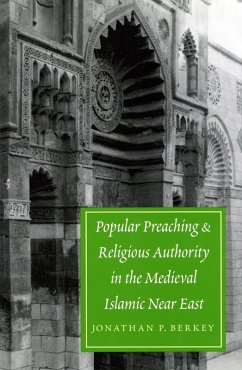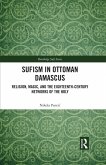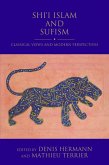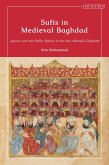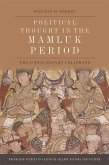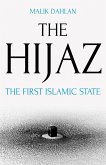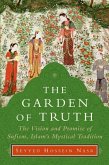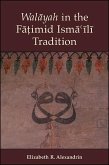Islamic popular preachers and storytellers had enormous influence in defining common religious knowledge and faith in the medieval Near East. Jonathan Berkey's book illuminates the popular culture of religious storytelling. It draws on chronicles, biographical dictionaries, sermons, and tales but especially on a number of medieval treatises critical of popular preachers, and also a vigorous defense of them which emerged in fourteenth-century Egyptian Sufi circles.
Popular preachers drew inspiration and legitimacy from the rise of Sufi mysticism, with its emphasis on internal spiritual activity and direct enlightenment, enabling them to challenge or reinforce social and political hierarchies as they entertained the masses with tales of moral edification. As these charismatic figures developed a popular following, they often aroused the wrath of scholars and elites, who resented innovative interpretations of Islam that undermined orthodox religious authority and blurred social and gender barriers.
Critics of popular preachers and storytellers worried that they would corrupt their audiences' understanding of Islam. Their defenders argued that preachers and storytellers could contribute to the consensus of the Islamic community as to what constituted acceptable religious knowledge. In the end, religious knowledge, and the definition of Islam as it was commonly understood, remained porous and flexible throughout the Middle Period, thanks in part to the activities of popular preachers and storytellers.
Popular preachers drew inspiration and legitimacy from the rise of Sufi mysticism, with its emphasis on internal spiritual activity and direct enlightenment, enabling them to challenge or reinforce social and political hierarchies as they entertained the masses with tales of moral edification. As these charismatic figures developed a popular following, they often aroused the wrath of scholars and elites, who resented innovative interpretations of Islam that undermined orthodox religious authority and blurred social and gender barriers.
Critics of popular preachers and storytellers worried that they would corrupt their audiences' understanding of Islam. Their defenders argued that preachers and storytellers could contribute to the consensus of the Islamic community as to what constituted acceptable religious knowledge. In the end, religious knowledge, and the definition of Islam as it was commonly understood, remained porous and flexible throughout the Middle Period, thanks in part to the activities of popular preachers and storytellers.
Dieser Download kann aus rechtlichen Gründen nur mit Rechnungsadresse in A, D ausgeliefert werden.

